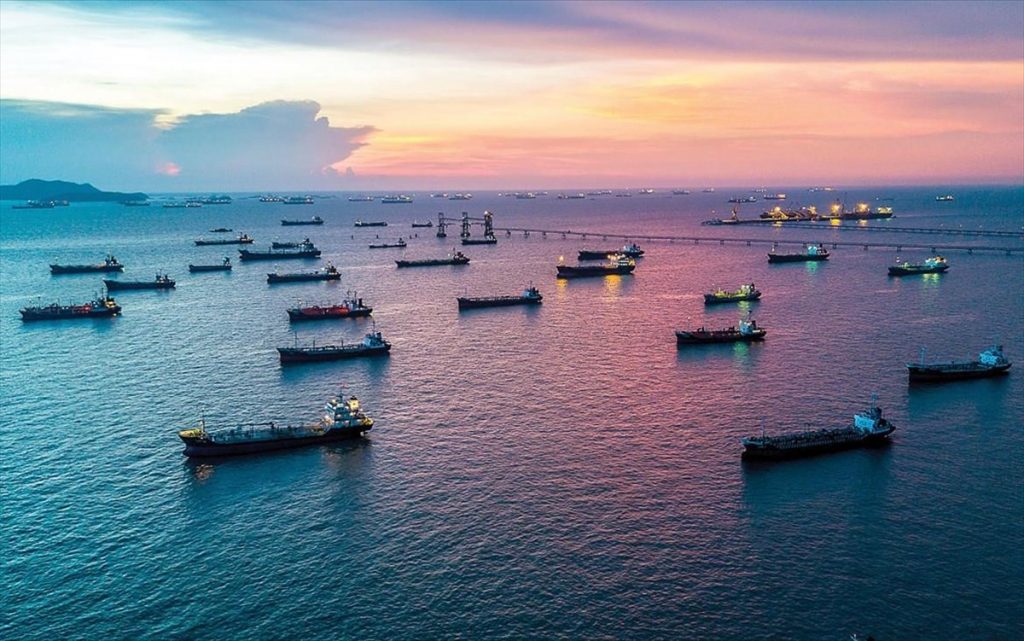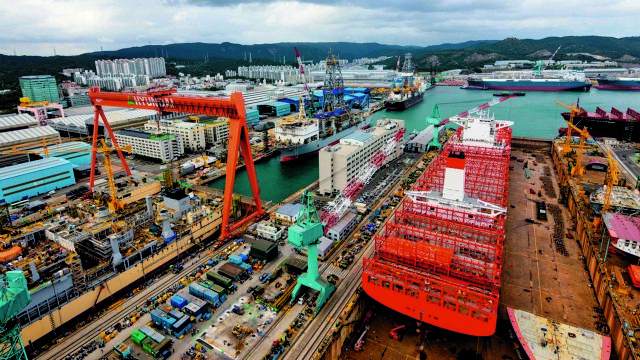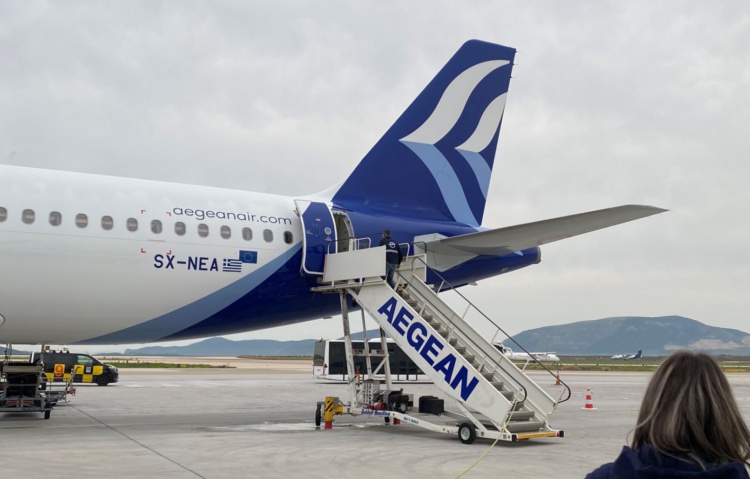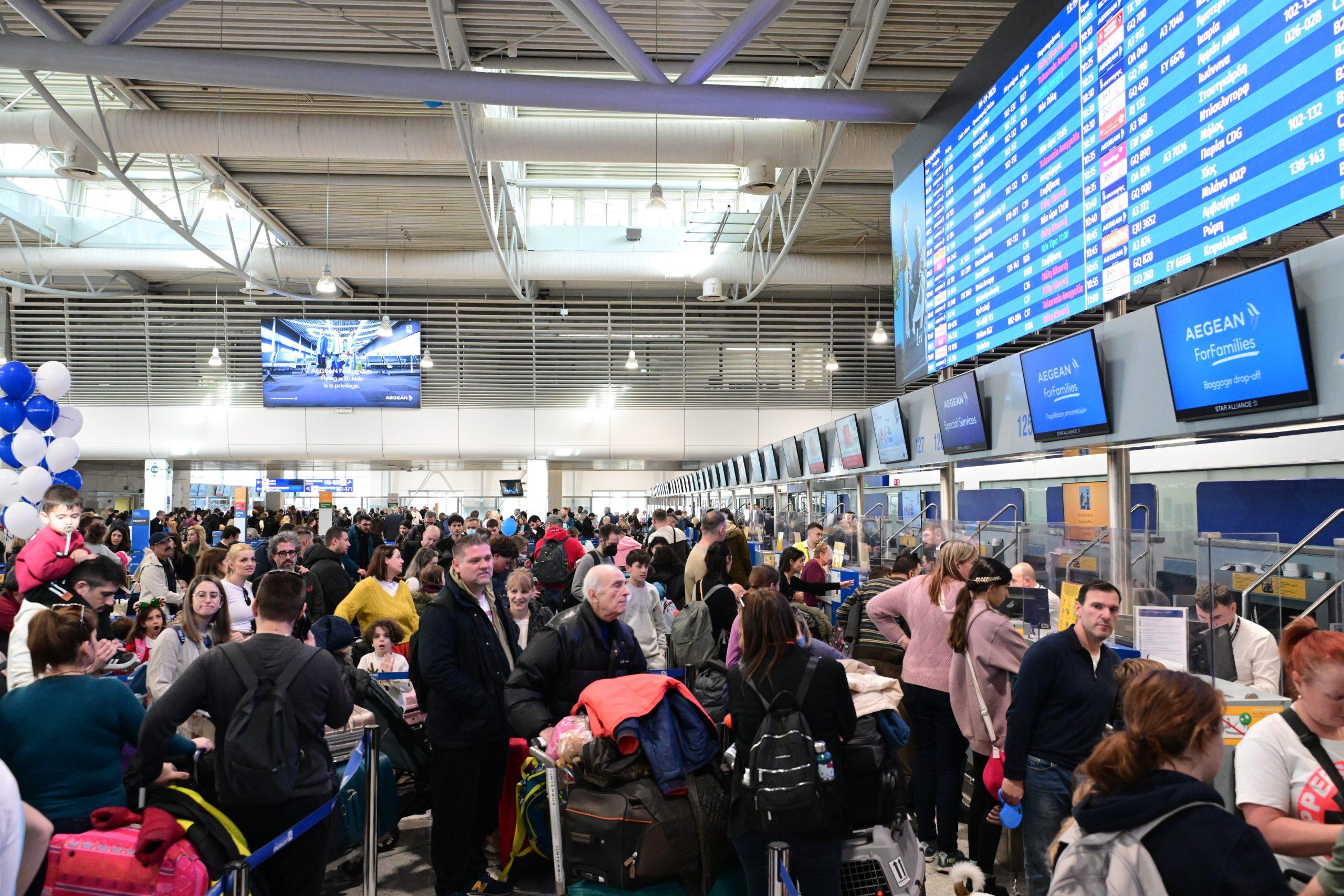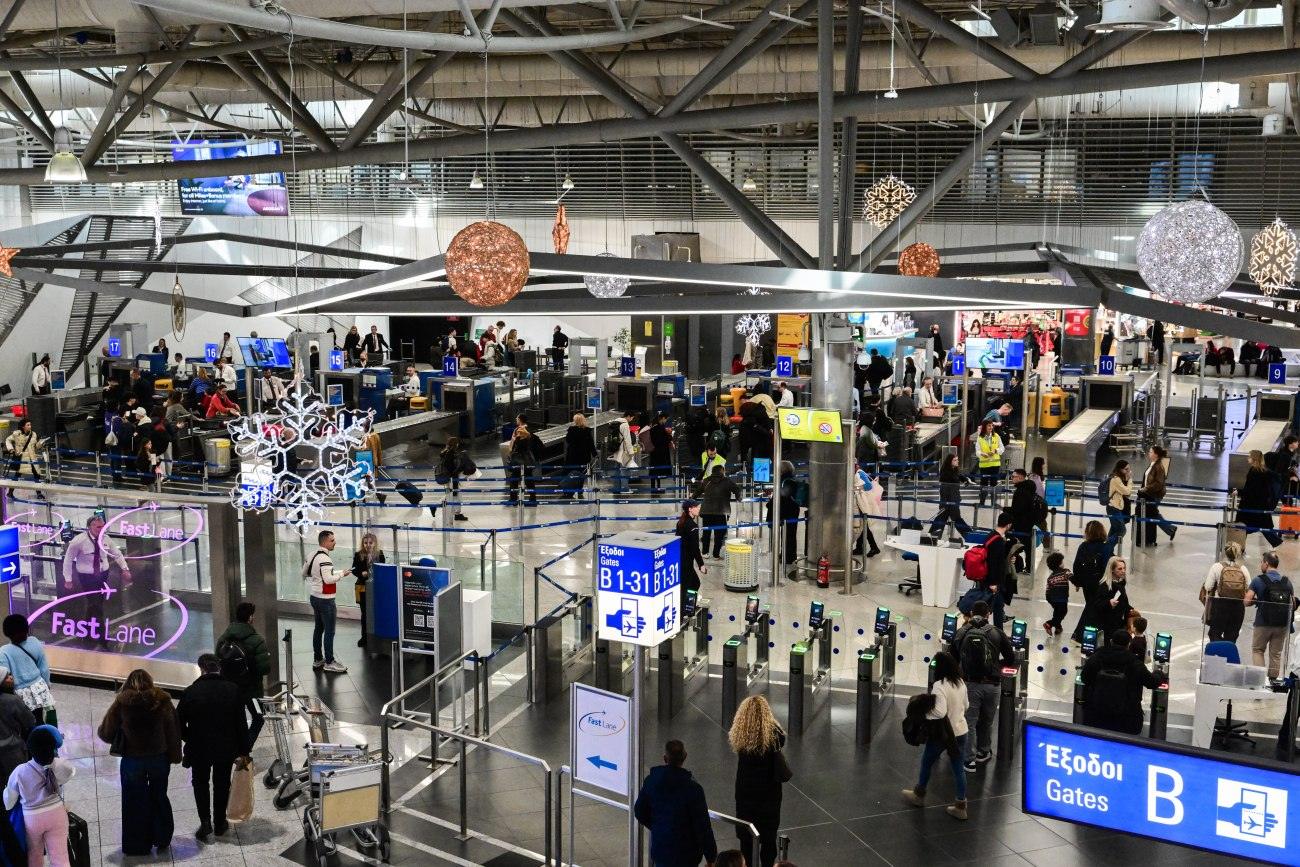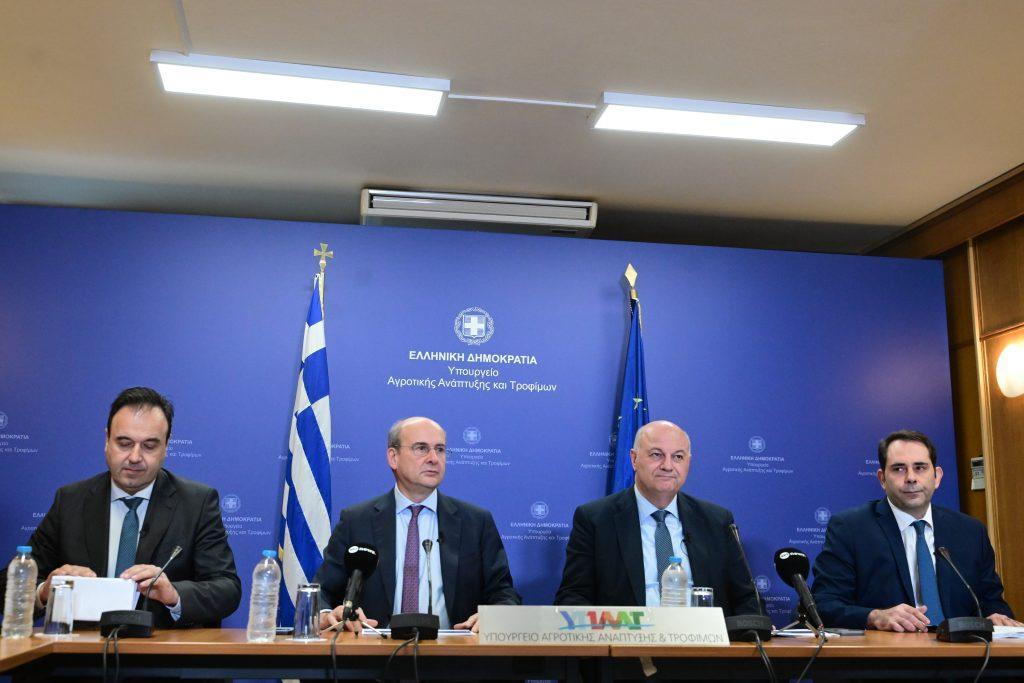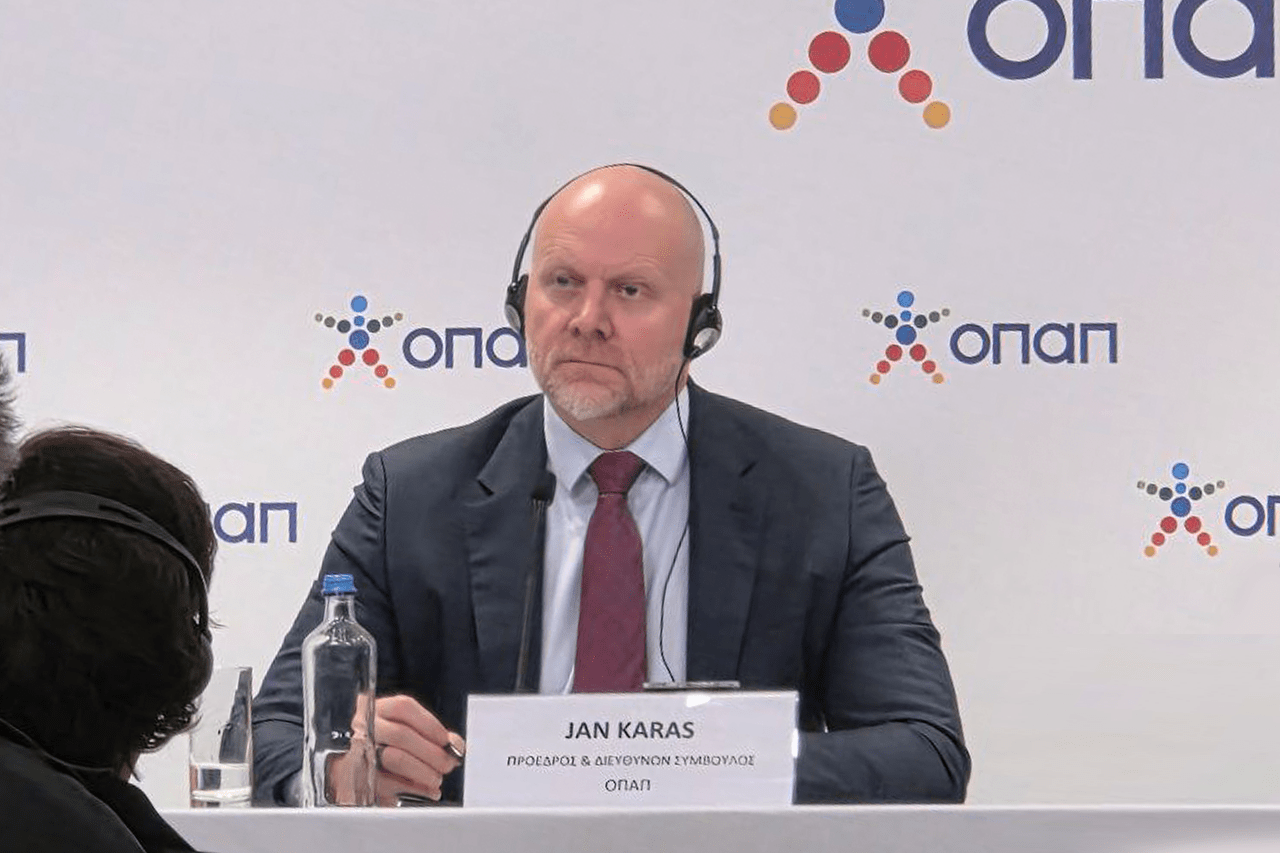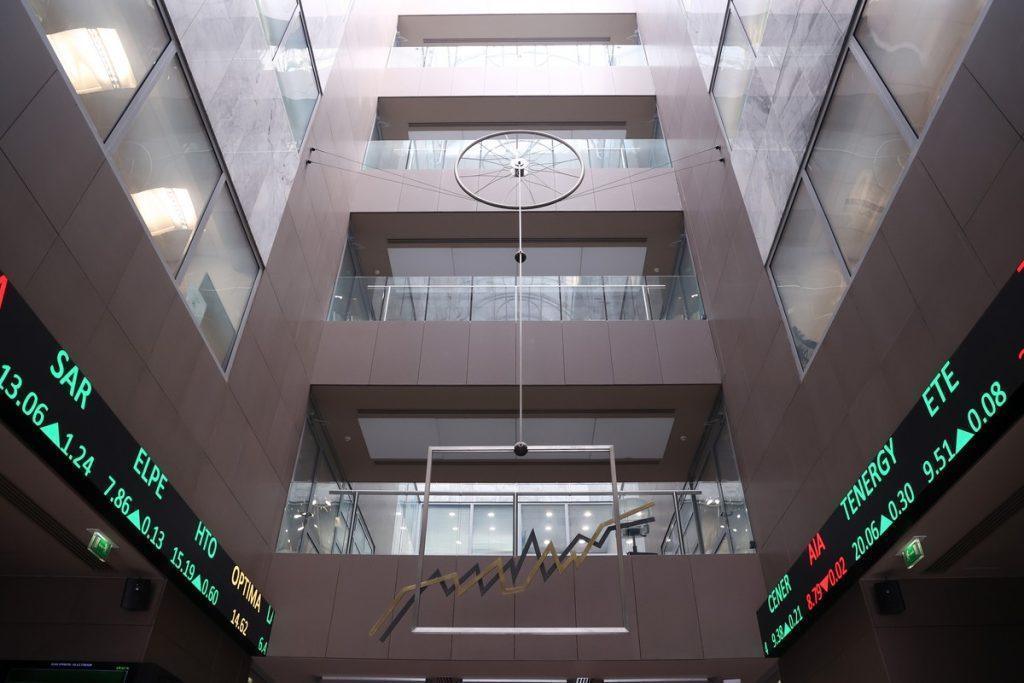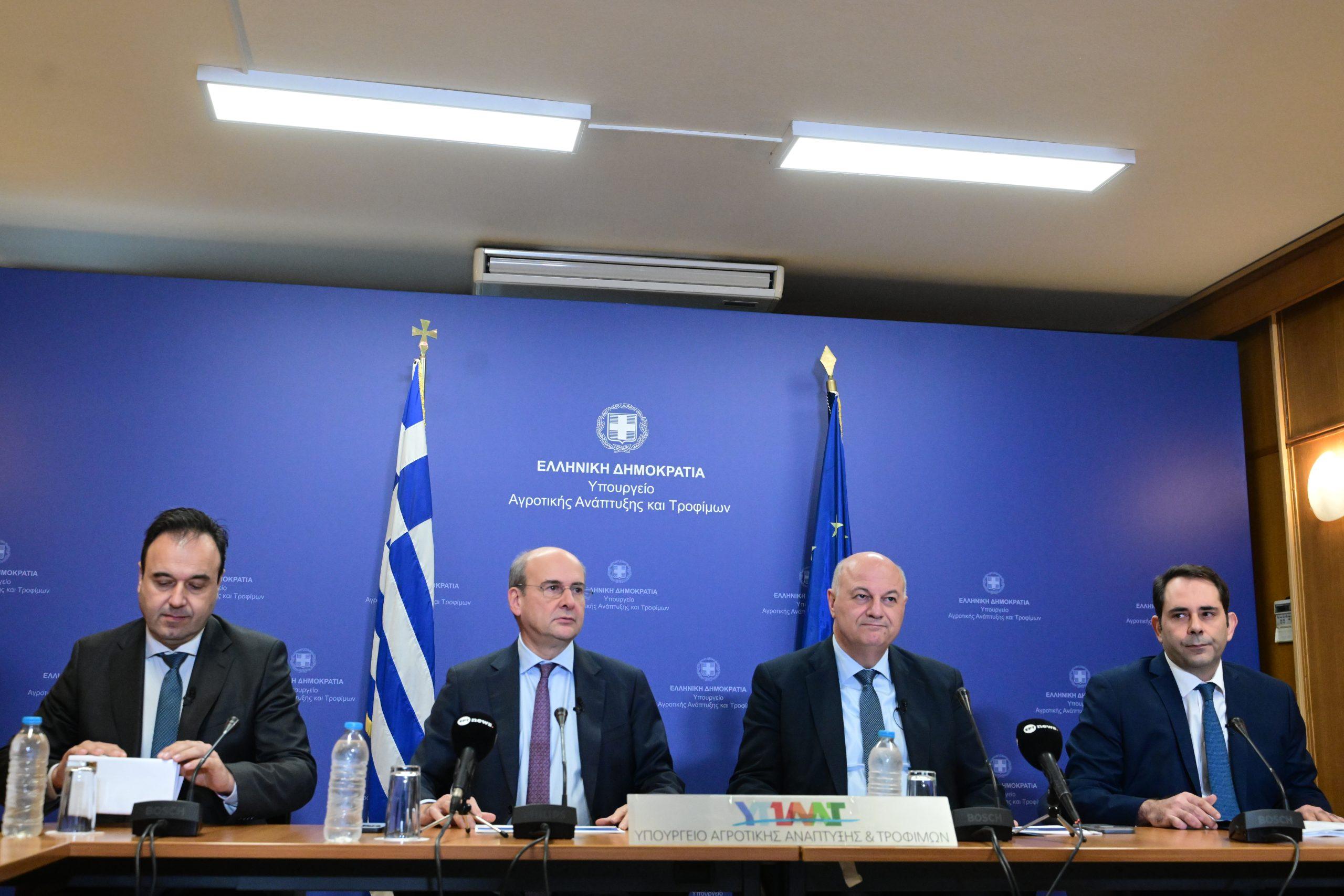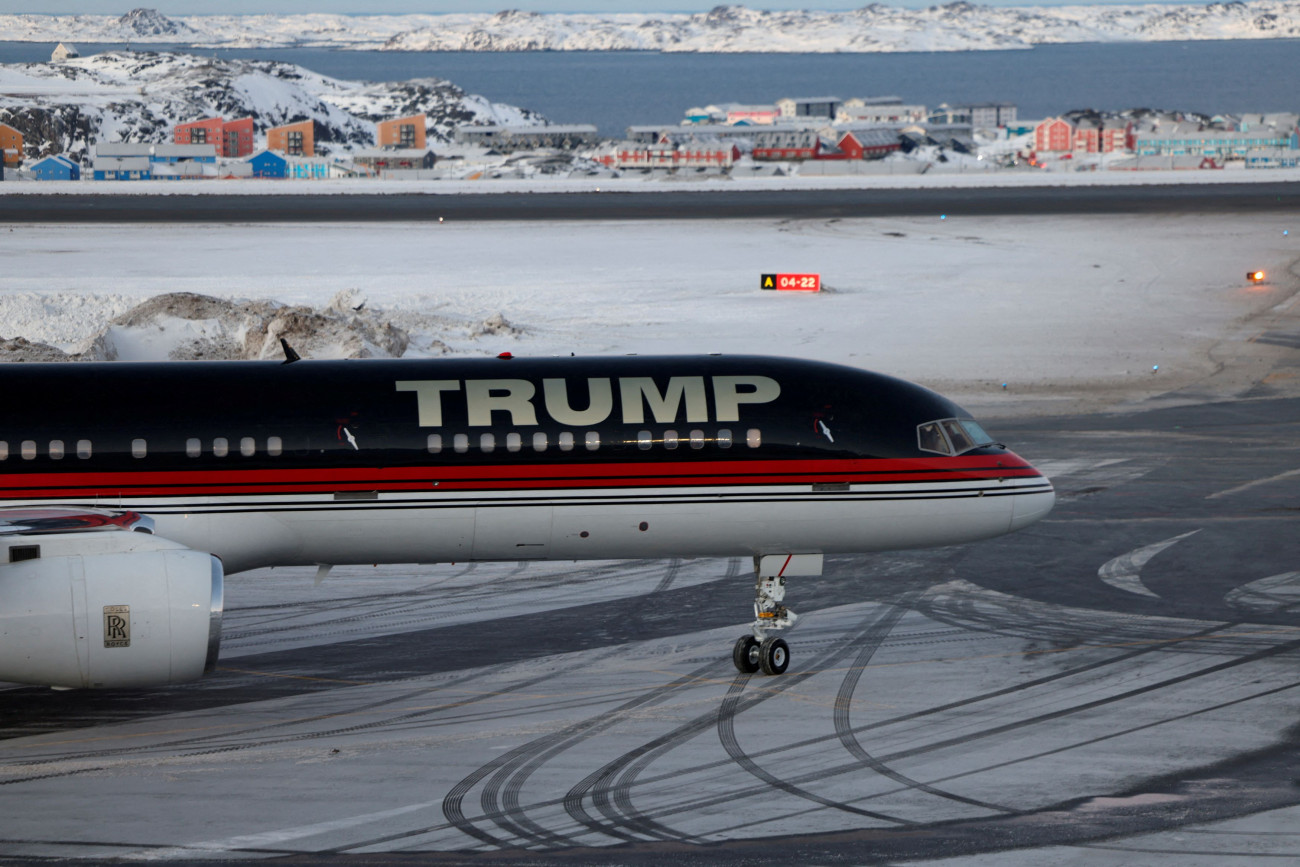Russia’s invasion of Ukraine will also affect the availability of mariners, with international shipping in danger of immediately facing a shortage of both officers and lower crew. At the same time, this shortage will force shipowners to increase the salaries of seafarers as part of the policy of attracting crews, resulting in an increase in the operating costs of the ship, according to estimates by Drewry, which specializes in measuring operating costs in shipping.
Both Russia and Ukraine have provided a large number of officers and junior crews to the global merchant fleet for many decades. Drewry estimates that the number of Russian officers is 46,500 and the number of Ukrainians is 41,000, while the lower crews are estimated at about 41,200 and 32,400 respectively.
It is noted that the merchant navy officers in total are about 650,000 and about 920,000 sailors serve as junior crews. The Russian and Ukrainian sailors therefore represent about 13% of the world fleet officers, while the lower Russian-Ukrainian crews represent 8%.
Drewry notes that the entire “pool” of Russian and Ukrainian sailors will not be affected, but the longer the conflict continues, the more likely it is that the supply of much of the available officers will be affected. As for the lower crews, the offer is more flexible, as the required training period is much shorter than for the officers and therefore new “sources” of sailors can be found.
Also, Russian and Ukrainian officers are mainly employed on tankers, both oil and gas, which require highly specialized and experienced officers. Therefore, the main effects will be felt in these sectors.
Although some seafarers (Russians and Ukrainians) may stay out of the two countries presently at war, this percentage is small, so there will be a problem with Ukrainians moving from their country to ships and from ships to their country.
Alternative sources
Especially for Russian sailors, the ban on many non-Russian airlines to use their airspace and reciprocal bans on Russian airlines are likely to affect travel to and from ships. Also, the supply of Russian seafarers can be further affected by visa restrictions imposed by the international community.
Given the rapidly changing situation, employers may think twice about hiring Russian sailors if they can not transport them safely onto ships as planned. Banking restrictions also imposed on Russia could make seafarers’ payments problematic. For Drewry, Indian sailors are likely to be the main alternative, although there are other nationalities.
